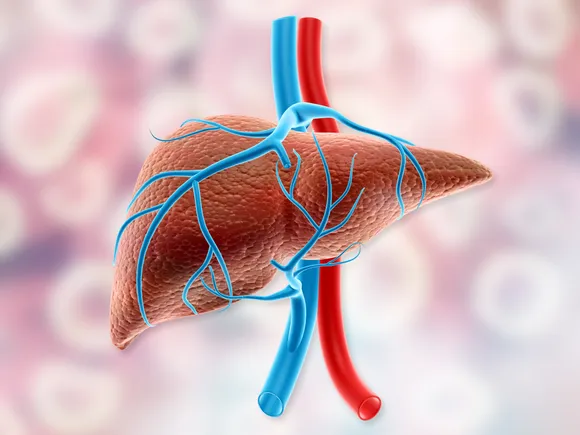Novo, with new results, to seek approval for obesity drug in MASH


Novo Nordisk will seek regulatory approval of semaglutide, the key ingredient in its popular weight loss medicine, in a common liver disease following positive results in a Phase 3 trial, the company said Friday.
Summary results disclosed in a press release show that semaglutide met both of its main goals in the first part of a late-stage, placebo controlled study of people with metabolic dysfunction-associated steatohepatitis, or MASH. Specifically, Novo said that, after 72 weeks of follow-up, 37% of people who received semaglutide and standard therapy had an improvement in their level of liver scarring with no worsening of their condition, versus 22.5% of those who received a placebo and typical care. Additionally, 63% of people on semaglutide saw their MASH resolve without scarring getting worse, compared to 34% of placebo recipients.
According to Novo, semaglutide displayed a “safe and well-tolerated profile,” consistent with what’s been seen in previous testing.
Novo didn’t provide further study details, leaving it unclear how well semaglutide performed on a variety of secondary measures, or how many people might’ve stopped treatment due to side effects. Detailed results will be presented at a medical meeting later in 2024. The trial’s second phase will also continue for several years to assess semaglutide’s ability to prevent cirrhosis, a common MASH complication.
Nonetheless, the results position semaglutide to potentially become the first drug of its kind available for MASH, a liver condition estimated to affect millions of people and one of the leading causes of liver transplants. Novo intends to seek approvals of semaglutide in MASH in the U.S. and Europe in the first half of 2025.
“We are very pleased about the ESSENCE clinical trial results and the potential of semaglutide to help people living with MASH,” said Martin Holst Lange, Novo’s head of development in a statement, referring to the name of the Phase 3 trial. “Among people with overweight or obesity, one in three live with MASH. This has a serious impact on their health and represents a significant unmet need.”
MASH is triggered by a toxic accumulation of fat in the liver and typically develops alongside other metabolic diseases like diabetes. It’s long been a top target of drugmakers, but a difficult one to hit. Several promising medicines have failed in testing over the years, and the first to reach U.S. regulators — a drug from Intercept Pharmaceuticals — was rejected in 2023.
A newer group of medicines has followed. Madrigal Pharmaceuticals’ Rezdiffra in March became the first approved drug for the condition and has since gotten off to a faster-than-expected launch. Other medicines from Akero Therapeutics and 89bio have shown some promise, too, though study results have been less clear.
Now so-called GLP-1 drugs, like semaglutide, have emerged as a potential treatment option. These medications act on gut hormones and are proven to have powerful effects on weight loss, heart health and other conditions, and MASH has been seen as one of their next opportunities. Eli Lilly and partners Boehringer Ingelheim and Zealand Pharma have already reported encouraging findings in Phase 2 trials, sparking speculation from investors that GLP-1 drugs might upend the market for other MASH therapies.
Novo hasn’t yet convinced some Wall Street analysts that that will happen, however. Multiple issued notes on Friday arguing the findings don’t clearly separate semaglutide from other MASH drugs, leaving room for other competitors. The results confirm that GLP-1 drugs will have “utility” in addressing some aspects of MASH, but aren’t “a ‘silver bullet’ or functional cure,” wrote Leerink Partners’ Thomas Smith.
The magnitude of the semaglutide’s placebo-adjusted effects on fibrosis are “similar” to Rezdiffra, added William Blair analyst Andy Hsieh. RBC Capital Markets’ Brian Abrahams noted that semaglutide’s effect size also wasn’t as large as what’s been seen in testing of 89bio and Akero’s drugs, though there are caveats in comparing medicines across trials.
“We believe this outcome removes a potential overhang/worst-case scenario where semaglutide showed ‘game-changing’ fibrosis improvement,” wrote Leerink’s Smith, who believes MASH will become “a polypharmacy opportunity with room for multiple liver-directed mechanisms and treatment approaches.”
Shares of Madrigal climbed nearly 15% Friday morning. 89bio and Akero shares also ticked up in early trading.
This post has been syndicated from a third-party source. View the original article here.




